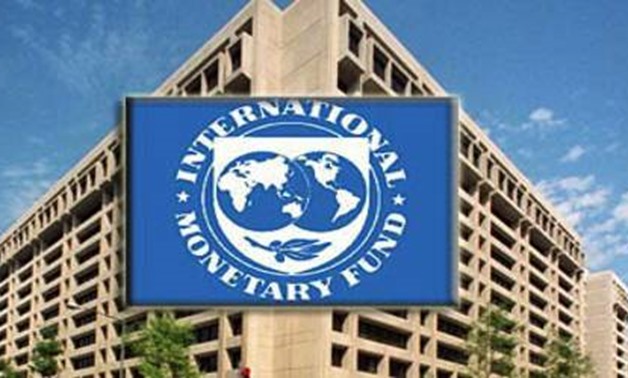
International Monetary Fund (IMF) - Official website
CAIRO - 23 January 2018: On the occasion of releasing its staff report for the 2017 Article IV Consultation and the second review for Egypt’s economic reform program, the International Monetary Fund (IMF) plublished an article on Egypt under the title “Egypt: Time to Entrench Growth and Make It More Inclusive”, highlighting the impact of the bold reforms on the economy and listing the required measures to promote sustainable economic growth further.
To read the detailed article below:
Egypt’s economy is recovering, supported by prudent macroeconomic policies and initial bold reforms aimed at addressing the major challenges that have confronted the economy in recent years. The task now is to deepen reforms to raise economic growth further, make it last, and spread its benefits to Egypt’s rapidly growing population and its youth and women, as the IMF says in its latest economic health check.
After more than a year since the launch of the economic reform program, GDP growth is strengthening and inflation is declining. The government trimmed the budget deficit, tourism revenues and remittances are increasing, and the country’s foreign exchange reserves have been rebuilt. The floating of the pound and the initial steps to improve the business climate have helped boost growth.
“This macroeconomic turnaround at home and the supportive global economic environment provide a unique opportunity to carry the reform momentum into areas that have historically been hard to tackle. Deep and lasting structural reforms are needed to create jobs as speedily as needed for Egypt’s growing population,” said Subir Lall, head of the IMF team for Egypt.
Below are the IMF’s key recommendations:
Making stability last
Egypt must entrench the stability attained thus far. This entails preserving the flexibility of the exchange rate and further reducing inflation. The government should also continue to lower the budget deficit to contain public debt. For this purpose, the IMF suggests:
• Collecting more revenue to pay for much-needed social services and to invest in education, health, and infrastructure: Reducing tax exemptions, making the tax system more progressive (richer people pay progressively more in taxes), and making tax administration more efficient will facilitate this process. Revenue could grow by 4 percent of GDP in the medium term as a result, analysis suggests.
• Eliminating most fuel subsidies, which benefit mainly the rich, and allowing fuel prices to change in line with costs: This would protect the budget from movements in global oil prices and the exchange rate and safeguard priority spending on social programs and necessary infrastructure. Helping low-income families.
Although economic stabilization is critical, Egypt also needs to protect its lower-income families. This requires continuously improving the efficiency of social assistance by reducing price subsidies and expanding better-targeted cash transfer programs such as Takaful and Karama to free up resources for those who need them most while avoiding the buildup of unsustainable public debt.
Letting the private sector flourish
Egypt’s growing population needs about 700,000 new jobs every year, which is possible only if the private sector becomes the main engine of growth. For that to happen, the state—which has a prominent role in the Egyptian economy—needs to step back from certain sectors and make room for the private sector to invest and grow.
To this end, priorities include ensuring fair competition for private companies in the markets for their inputs and products, improving the governance and transparency of state-owned enterprises, reducing the perception of corruption, improving access to financing and land, and integrating more women and youth into the labor market.
Egypt launched a reform program when its economy faced rising imbalances that led to weakening growth, high public debt, a widening current account deficit, and declining official reserves. To support the homegrown reforms, in November 2016 the government initiated an IMF-supported arrangement to restore the stability of the country’s finances and promote growth and employment, while shielding lower-income households from the adverse effects 3 of the changes. On December 20, 2017, the IMF Executive Board approved the third installment of the three-year, $12 billion Extended Fund Facility.

Comments
Leave a Comment